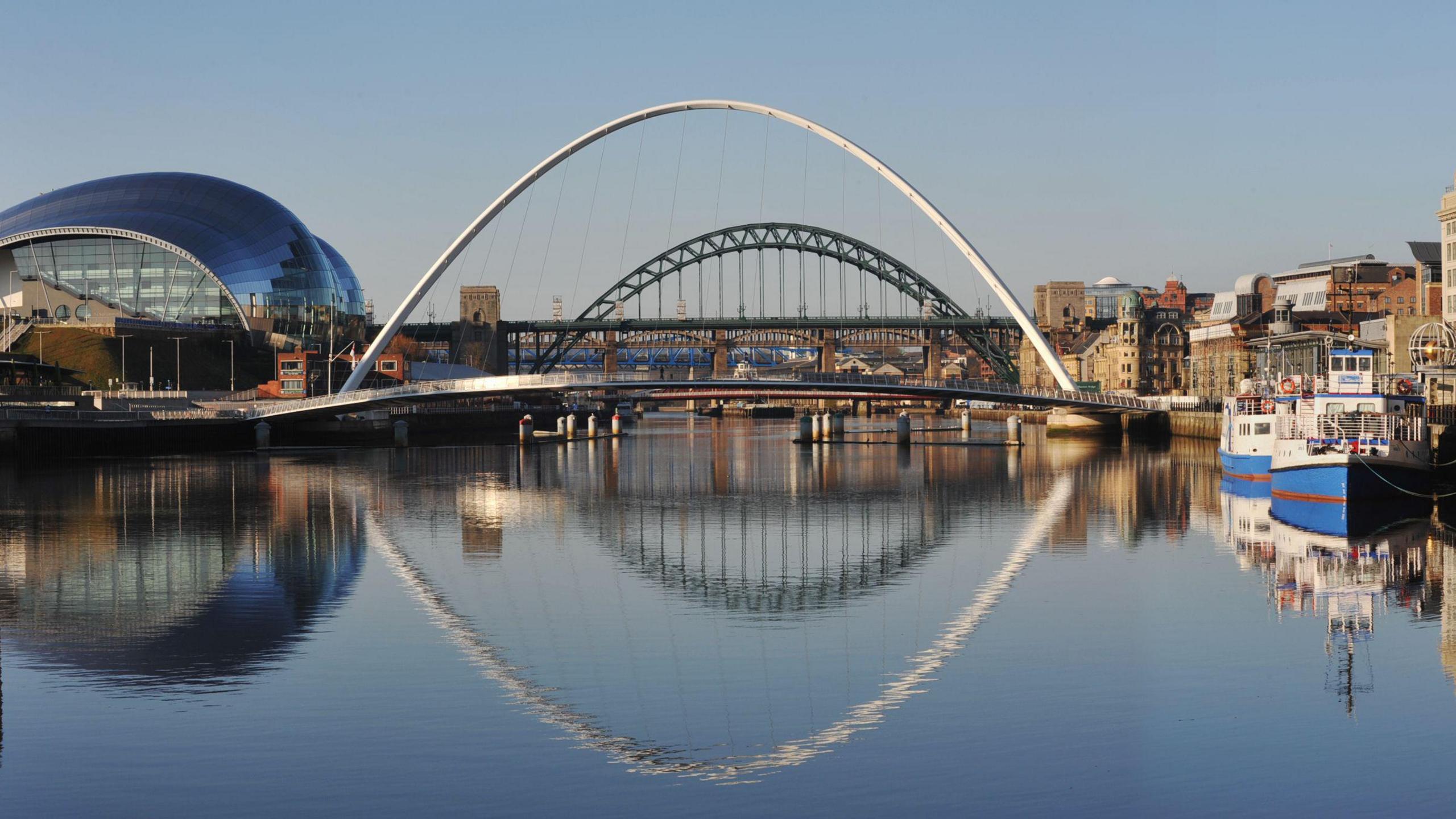Every seat in play in battleground county
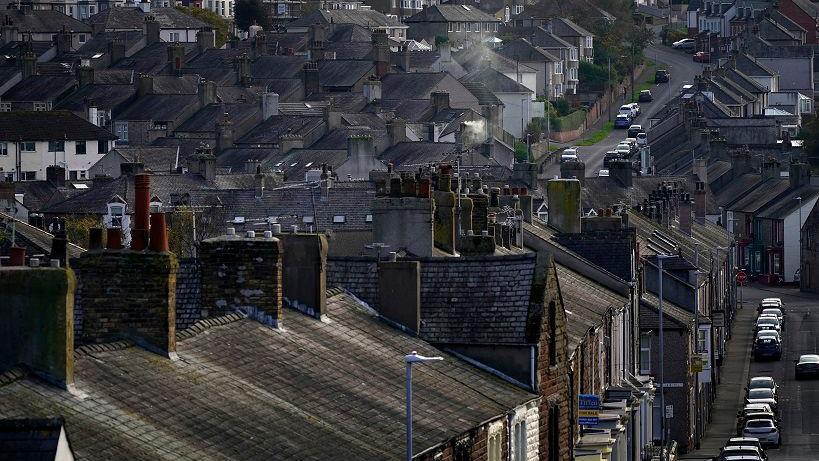
"Workington Man" was seen as a key swing voter in the last general election
- Published
When a London think tank declared “Workington Man” the key swing voter at the last general election, a corner of Cumbria became an emblem of shifting post-Brexit political loyalties. This time around, with a gaping lead for Labour in the polls and major boundary changes, every seat is in play in this battleground county.
The Cumbria in many people’s minds is one of dramatic landscapes, vast lakes and rugged hill farms; but the county also has high-tech industry, key national infrastructure, post-industrial towns and the city of Carlisle, with its historic centre and university campuses.
The Conservatives and Liberal Democrats have long been strong in the county’s rural areas, while Labour’s natural territory was in towns like Workington, Whitehaven and Barrow-in-Furness, where unionised industry still provides many jobs and memories of mining and steelmaking linger.
By 2019 though, old loyalties had melted away and the Conservatives blew Labour off the county’s political map with a promise to "get Brexit done".
Leave-voting Workington and Barrow and Furness switched to the Tories. They followed Copeland, which turned from red to blue in 2017, and Carlisle, in 2010.
It left Cumbria with five Conservative MPs, one Lib Dem and none from Labour.
Coming back?
But after five more years of Conservative government, will voters be ready for a change?
Labour is confident that Workington Man – the pro-Brexit, economically left-leaning, but socially conservative archetype – is coming back to the party after lending his vote to the Tories.
Privately local Conservatives acknowledge they face a challenge, but insist the response on the doorstep is more positive than the polls suggest.
They will have to hope their assessment is right if they are to survive as a political force in the county.
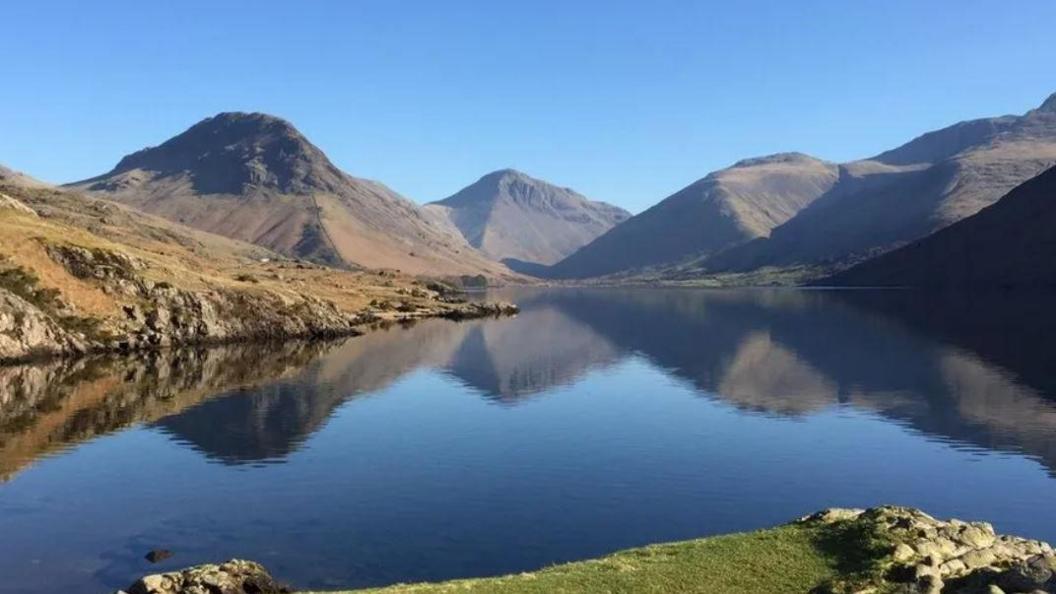
The county is made up of more than vast lakes and dramatic mountains
Boundary changes have carved up the former safe Conservative seat of Penrith and the Border and created new constituencies in which Tory candidates could win, but are vulnerable to Labour and the Lib Dems, if the pollsters are correct.
Reform UK’s apparent surge in popularity will worry the governing party further, but Conservatives think they could also take some Labour votes.
The Greens have worked hard to win council seats in recent years and will hope to increase their vote share, but are unlikely to send a Cumbrian MP to Westminster.
With Brexit’s political salience much diminished since 2019, the Conservatives will need to convince voters they have put the country on the right track after dealing with a pandemic and an energy crisis.
They will point to an ongoing mission to "level up" Cumbria: several local towns have been awarded multimillion-pound regeneration grants by the government since 2019.
These are paying for new university campuses, revamped public spaces and new walking and cycling routes.
There is also major investment going into BAE Systems in Barrow-in-Furness, which is building the next generation of submarines to carry the UK’s nuclear missiles and will deliver a new nuclear-powered fleet under the AUKUS defence pact.
Both Rishi Sunak and Keir Starmer have visited the shipyard this year to affirm their commitment to the nuclear deterrent.
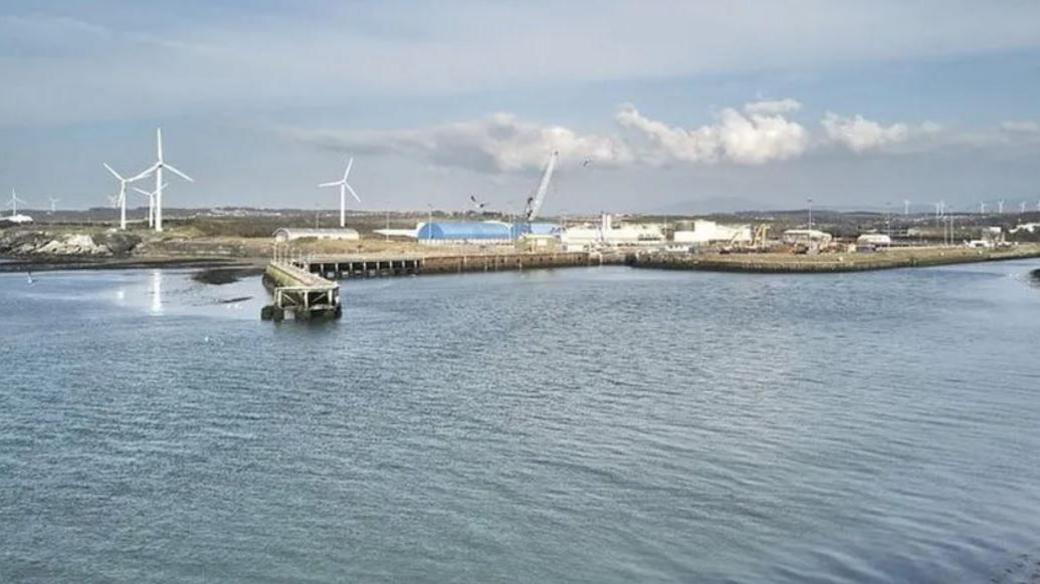
Some levelling up funding was earmarked for improving connectivity to the Port of Workington
But stroll down the streets of Cleator Moor, Millom or Maryport and you might conclude that if levelling up is happening, it is certainly a work in progress.
Many people in these isolated towns feel neglected and complain of a decaying high street, poor facilities and a lack of public transport.
Meanwhile in the villages of the Lake District, Eden Valley and Yorkshire Dales, people worry about a lack of affordable housing and the uncertain future of farming.
And in a county with an ageing population, access to the NHS and social care are on people’s minds wherever you go.
Labour will need these voters to believe the party can offer the change they are looking for, if it is to turn swathes of the county red once more.
Only five constituencies now lie within Cumbria’s boundaries (plus a sliver of Morecambe and Lunesdale), but with all five in realistic contention, it could prove a small but crucial battleground in this election.

Follow BBC Cumbria on X (formerly Twitter), external, Facebook, external and Instagram, external. Send your story ideas to northeastandcumbria@bbc.co.uk.
Related topics
More stories from BBC North East and Cumbria
- Published11 June 2024
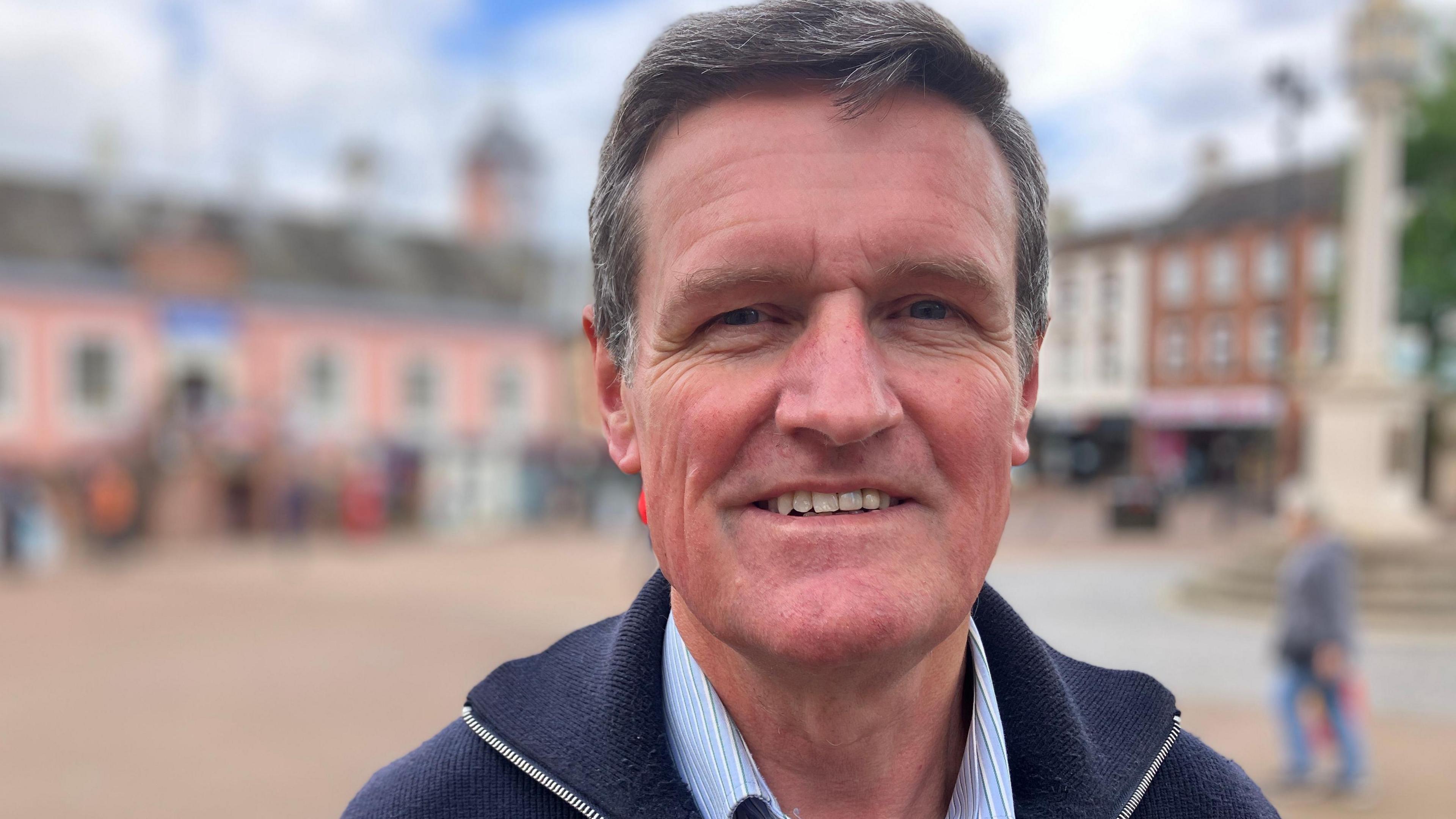
- Published26 May 2024
